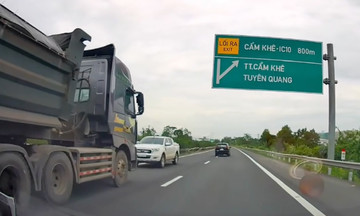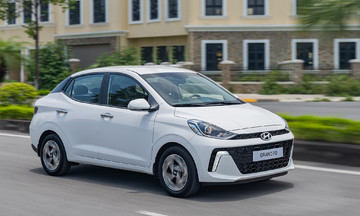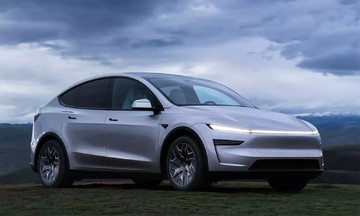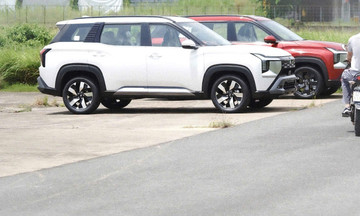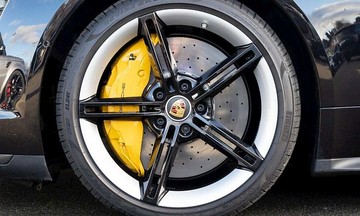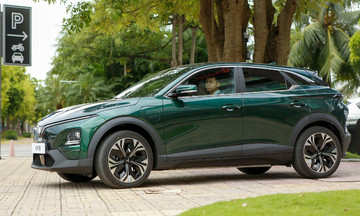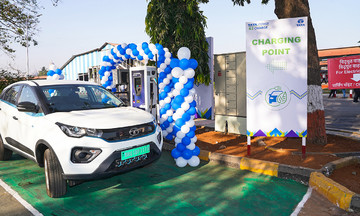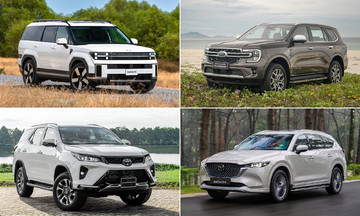Concerns are growing that Korean battery manufacturers may lose ground in the domestic electric vehicle market as Hyundai Motor Group's two automaking units increase their reliance on batteries from China.
According to industry officials, Kia is preparing to launch the EV5 in Korea with nickel cobalt manganese (NCM) batteries from CATL. With production of the midsize SUV slated for its Gwangju plant in the second half of this year, the company plans to release the all-electric model in the Korean market before the end of the year.
When Kia launched the EV5 in China in 2024, it opted for BYD's lithium iron phosphate (LFP) batteries, which offer lower costs and greater thermal stability compared to lithium-ion batteries.
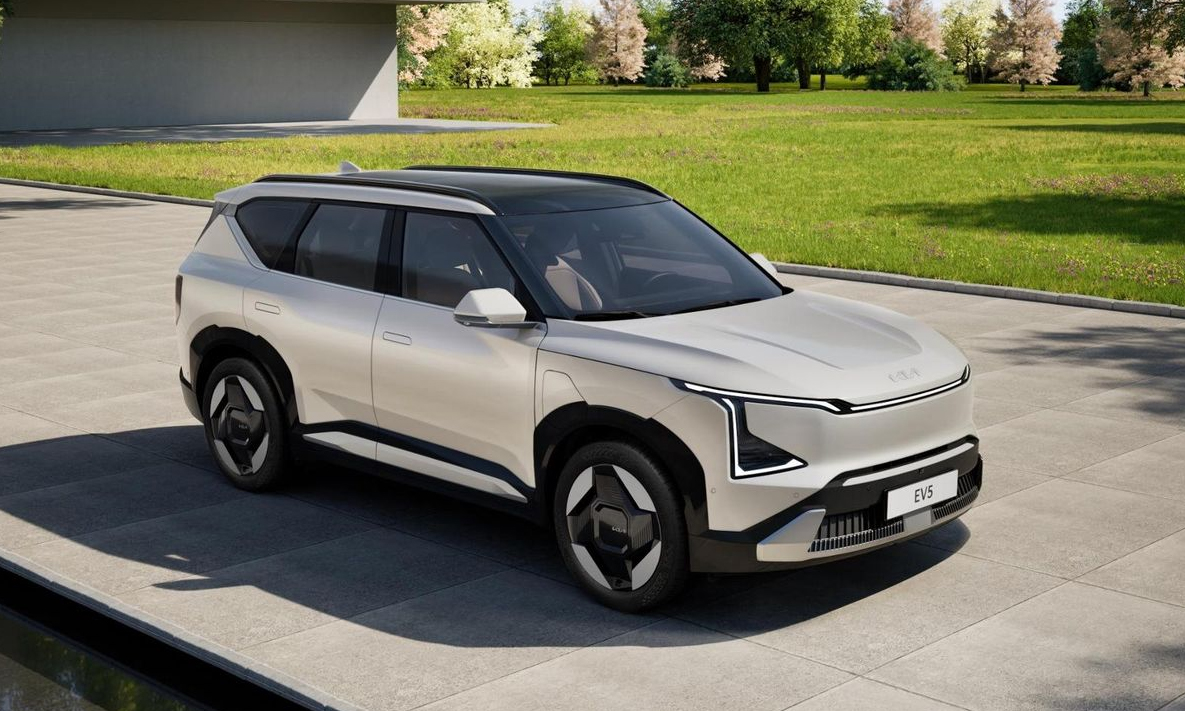 |
Kia EV5 electric vehicle will be launched in Korea later this year. Photo: Kia |
Kia EV5 electric vehicle will be launched in Korea later this year. Photo: Kia
However, for the Korean market, the automaker has reportedly decided to use CATL's three-element batteries, which boast higher energy density and performance.
Kia has already used CATL's NCM batteries in the Niro EV and PV5 models, while the Ray EV runs on CATL's LFP batteries. Hyundai has also incorporated CATL's NCM batteries in its Kona Electric.
Before the decision to install CATL batteries in the EV5, Hyundai Motor Group only used Chinese batteries for smaller vehicles. Larger models, including Hyundai's Ioniq 5 and Ioniq 9, and Kia's EV6 and EV9, utilize batteries from Korea's SK On.
Due to the need for cost reduction amid decreasing subsidies for electric vehicles and US tariffs on imported cars, experts predict Chinese companies will continue to threaten the position of Korean companies in the three-element battery market.
Kim Pil-soo, a professor of automotive technology at Daelim University, stated, "Using more Chinese batteries for larger vehicles is unavoidable for Korean automakers".
In response, Korean companies are stepping up efforts to challenge China's dominance in the LFP battery market, according to the Korea Times.
LG Energy Solution plans to begin mass production of LFP batteries for electric vehicles by the end of 2027 by upgrading the Ultium Cells battery cell production facility in Tennessee, the company's joint venture with General Motors (GM).
SK On appears to be considering producing LFP batteries for electric vehicles at its US BlueOval SK plants, a joint venture with Ford. Samsung SDI is also reportedly in talks with GM about producing LFP batteries for electric vehicles at the Synergy Cells joint venture plant in Indiana.
As Kia prepares to launch the EV5 in Korea in September, the automaker now faces not only expectations regarding price and performance but also the task of ensuring consumer confidence in battery safety, according to the Korean Car Blog. CATL's NCM batteries may offer cost and performance benefits, but recent concerns related to fires and explosions could make buyers hesitant.
In an increasingly competitive electric vehicle landscape, Kia's decision to prioritize cost-effective Chinese batteries over proven domestic alternatives may save money in the short term, but could cost the company consumer trust – and ultimately, sales – if safety concerns escalate.
My Anh



